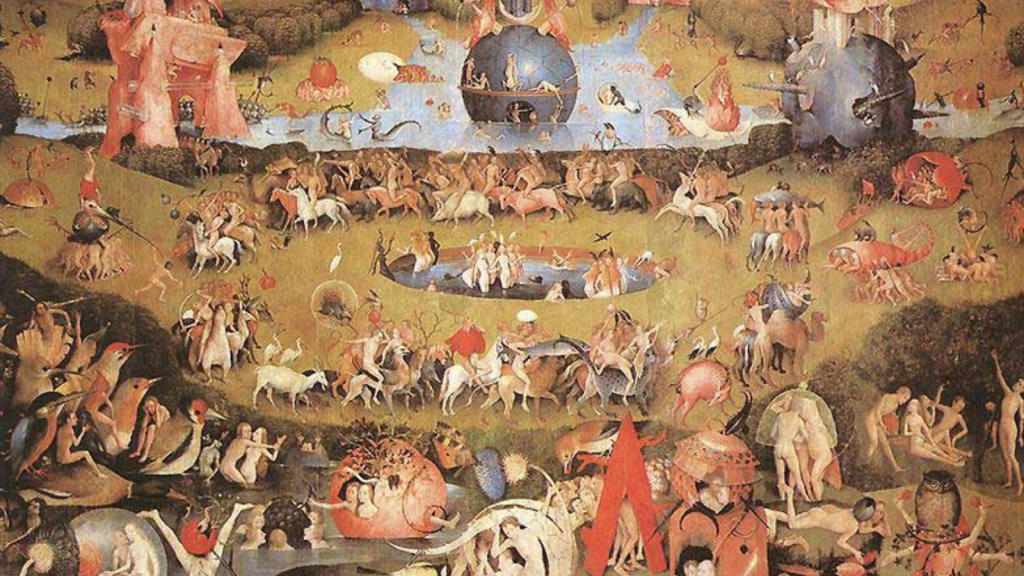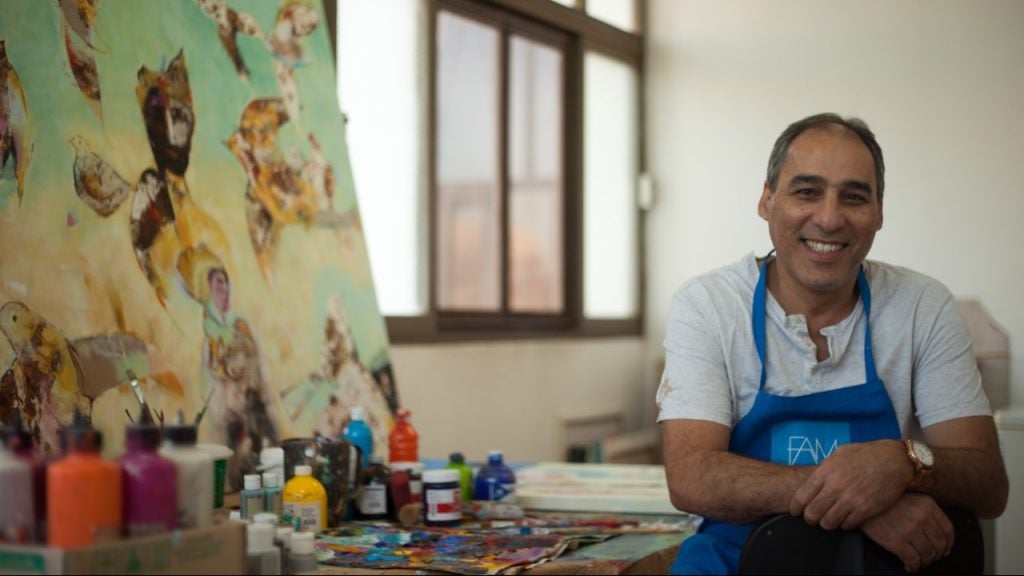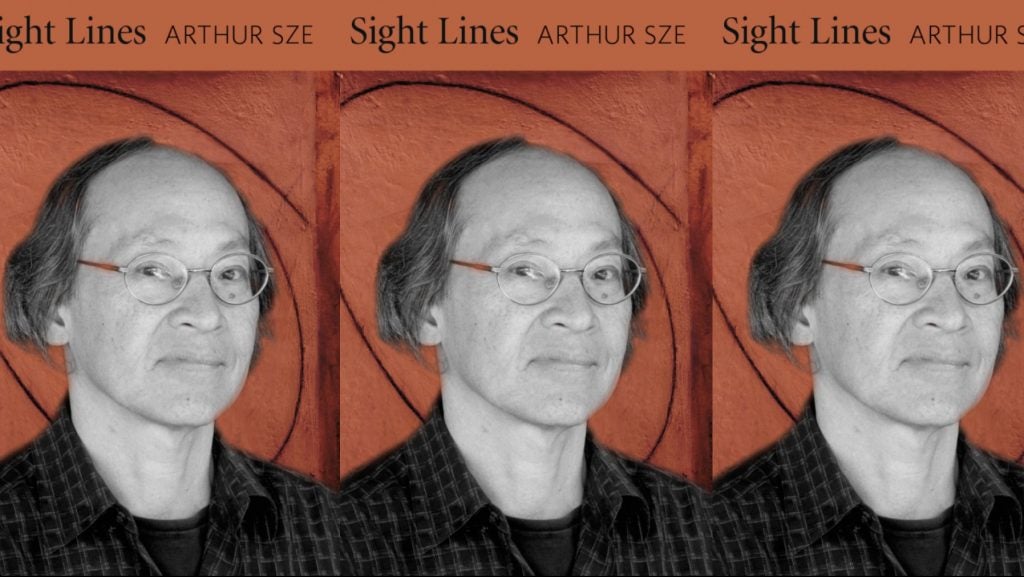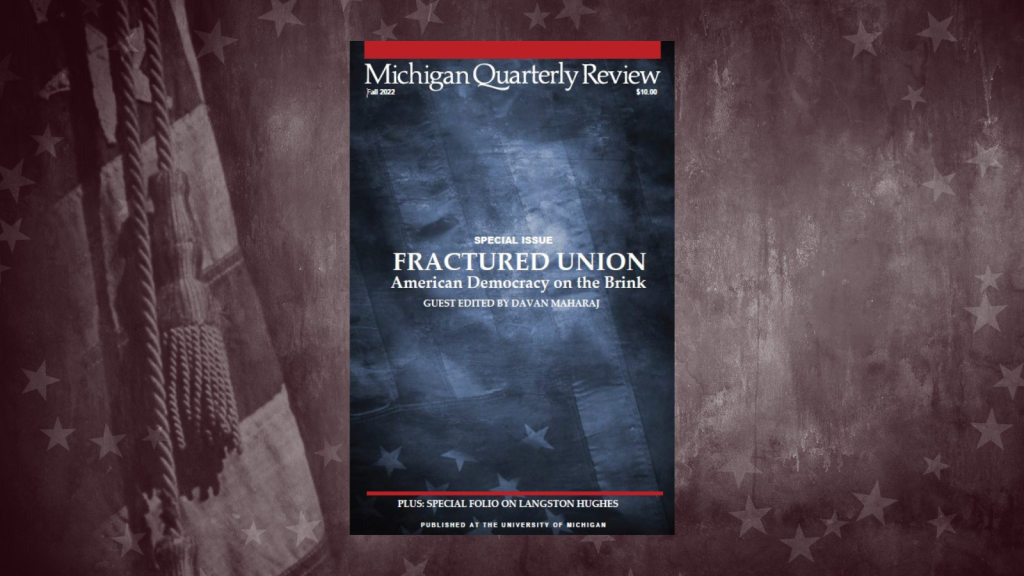From the Archives: Seven Rooms
The poem is both tender and sinister, simply told and yet deeply bizarre. It is a poem seemingly about torture, affection, and the afterlife ambiguously titled “Seven Rooms,” and, though we decided not to include it in our upcoming Anniversary issue, I believe it still deserves some attention.
From the Archives: Seven Rooms Read More »
The poem is both tender and sinister, simply told and yet deeply bizarre. It is a poem seemingly about torture, affection, and the afterlife ambiguously titled “Seven Rooms,” and, though we decided not to include it in our upcoming Anniversary issue, I believe it still deserves some attention.










